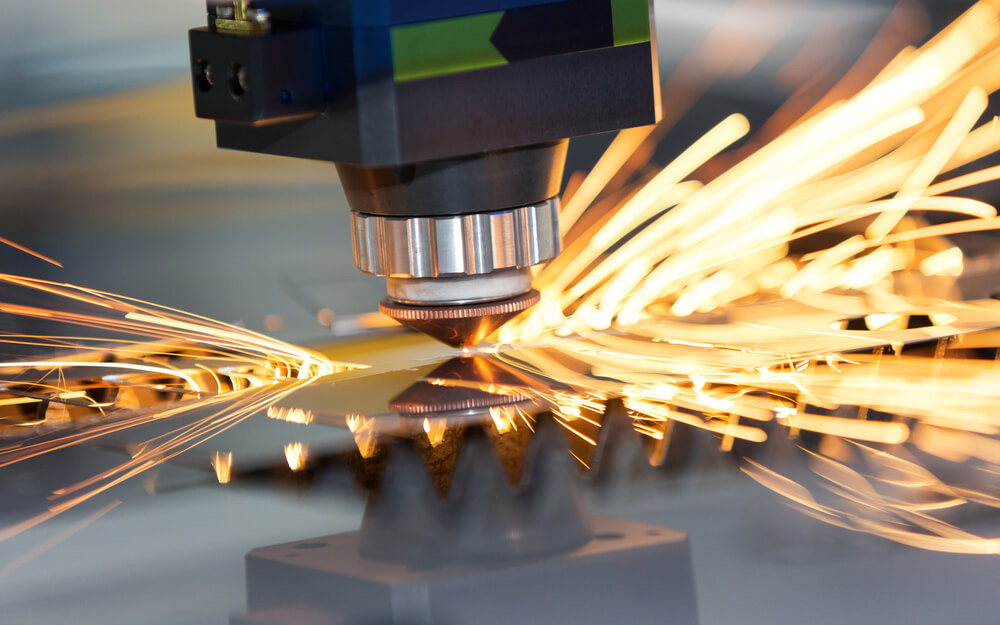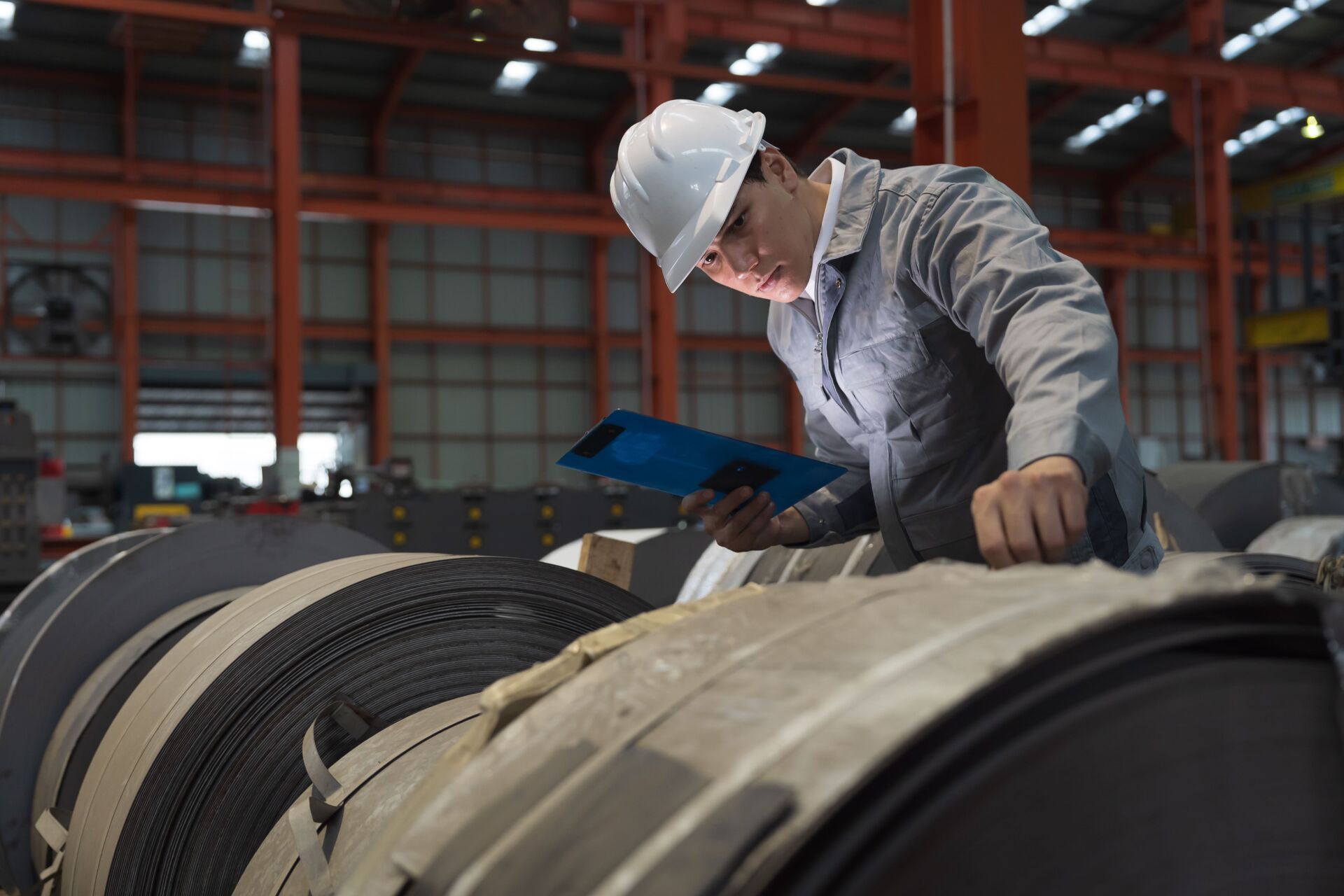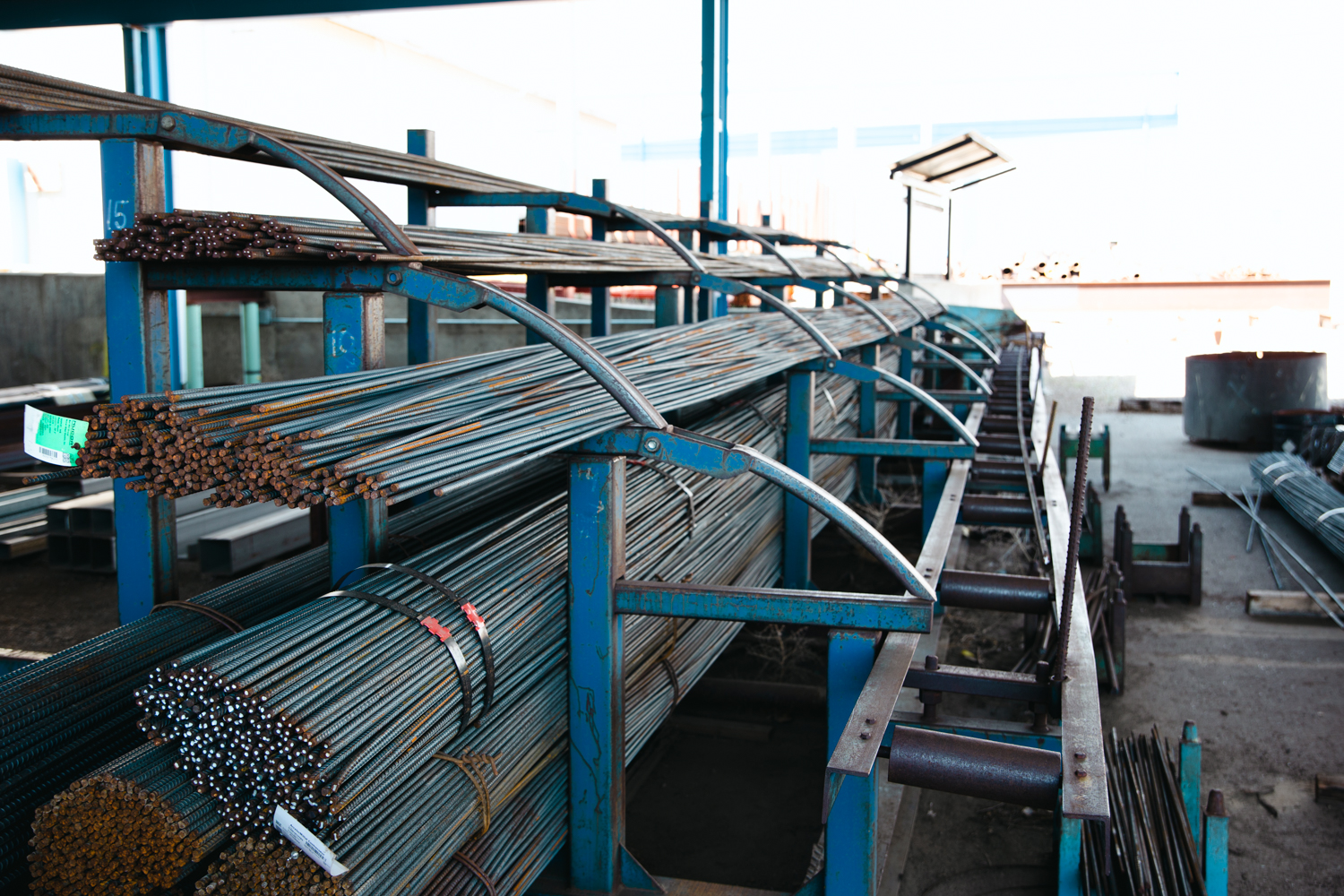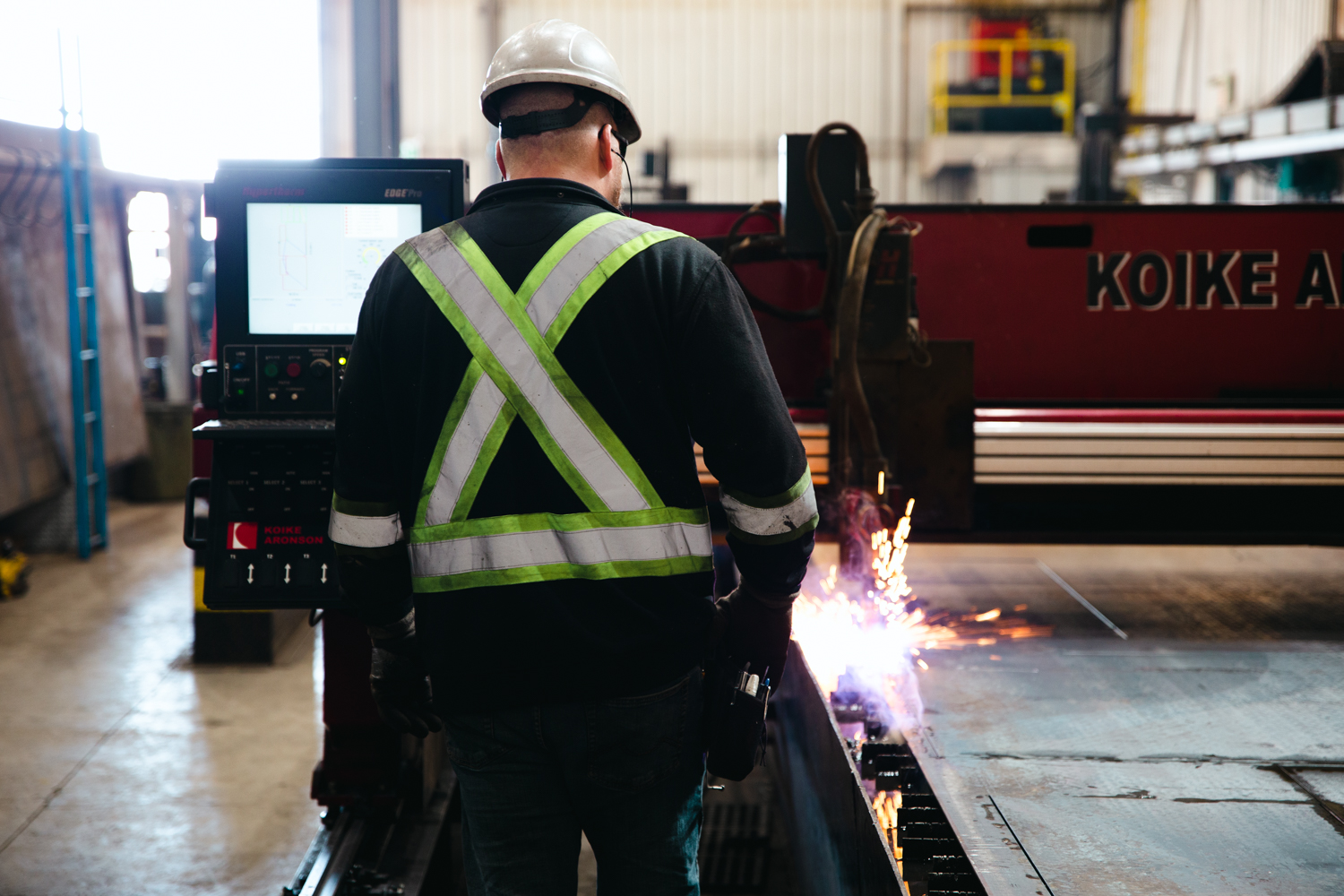When it comes to operating Miller® Welding machines, prioritizing safety is critical. These machines, renowned for their precision and reliability, are staples in the metal fabrication and construction industries. However, like any powerful tool, they require a disciplined approach to safety to prevent accidents and ensure a secure working environment.
Proper maintenance and safety practices greatly enhance tool longevity and team welfare. Brooks Industrial Metals aims to provide tips on this Miller® Welding machines’ care, maintenance and safety operation in this article.
Personal Protective Equipment (PPE)
First and foremost, personal protective equipment (PPE) is your frontline defence against potential hazards associated with welding. Welding can expose operators to harmful fumes, ultraviolet and infrared radiation, and hot materials. To mitigate these risks, the following PPE should be worn at all times during operation:
- Welding Helmet – Choose a helmet with an auto-darkening lens to protect your eyes from harmful rays and improve visibility.
- Safety Glasses – Wear them under your welding helmet for an extra layer of protection against debris.
- Fire-resistant Clothing – Protects your skin from sparks and spatter. Long sleeves and pants without cuffs are recommended to avoid catching sparks.
- Gloves—Welding gloves should be insulated and flame-resistant to protect hands from heat, sparks, and electricity.
- Respirator – Depending on ventilation and the type of welding, a respirator may be necessary to protect from inhaling harmful fumes.
Workspace Setup
The environment in which you weld plays a crucial role in safety. Proper workspace setup involves ensuring good ventilation, keeping the area free of clutter, and using fire-resistant barriers when necessary. Key considerations include:
- Ventilation – Adequate ventilation is essential to disperse harmful welding fumes. Use exhaust fans, or weld outdoors if possible.
- Clutter-Free Area – Remove all flammable materials and unnecessary clutter from the welding area to reduce fire hazards.
- Fire Extinguishers – Always have a fire extinguisher readily accessible in case of an emergency.
Machine Maintenance
Regular maintenance of Miller® Welding machines is critical for safe operation. Well-maintained equipment performs better and reduces the risk of accidents caused by malfunctioning parts. Follow these guidelines to keep your machines in top condition:
- Routine Inspections – Regularly inspect your welding machine for signs of wear or damage, including checking cables for fraying and ensuring connections are tight.
- Scheduled Maintenance – Follow the manufacturer’s recommended maintenance schedule. This often includes checking the gas and coolant levels, replacing filters, and cleaning the machine.
- Repair or Replace Damaged Parts – Never operate a machine with known issues. Promptly repair or replace damaged components to maintain safety and performance.
Welding with Confidence
Keeping up with regular maintenance of Miller® Welding machines can serve you faithfully for decades. These machines are made tough, using high-quality parts, and are thoroughly tested to ensure they can easily handle the rough and tumble.
Adhering to best practices for PPE, workspace setup, and machine maintenance can ensure a safer welding environment. Operating Miller® Welding machines with a safety-first approach is essential for protecting yourself and others in the workplace.
As a Miller distributor at Brooks Industrial Metals, this means partnering with a dedicated and knowledgeable team. We offer expert guidance in selecting the ideal Miller® Welding solutions tailored to your needs, ensuring a seamless experience from purchase to the long-term service life of the product.





